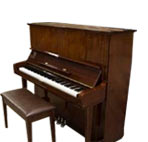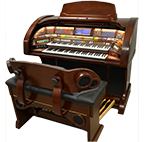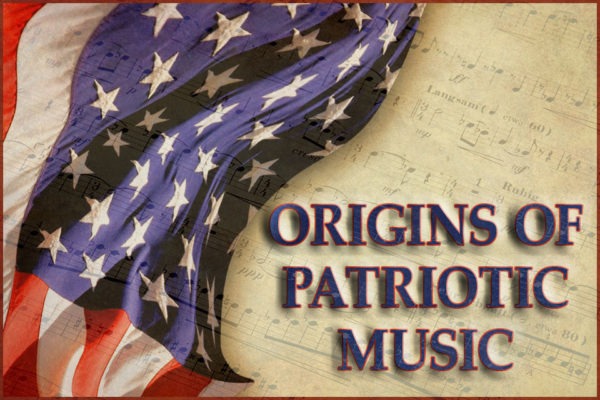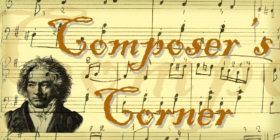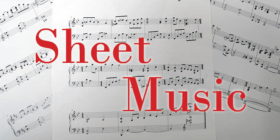What Are the Origins of Famous Patriotic Songs?
The popular patriotic tunes of today had some very interesting beginnings.
You may know the lyrics to these popular patriotic tunes. But you may be surprised to learn about how they began.
Yankee Doodle
Though often played during events commemorating America’s revolutionary era, “Yankee Doodle” was originally sung prior to the Revolution by British military officers who mocked the unorganized and buckskin-wearing ‘Yankees’ with whom they fought during the French and Indian War. It has become Connecticut’s state song.
Report this Advertisement
The Star Spangled Banner
“The Star Spangled Banner,” sung to the melody of a drinking song “To Anacreon in Heaven,” is based on a poem written by Francis Scott Key called “Defense of Ft. McHenry.” During the War of 1812, Key overheard the British plans for attacking Baltimore while on board a British ship under a flag of truce trying to negotiate the release of a local doctor. The British, unwilling to release Key or his fellow negotiator, held these Americans on board as the British navy attacked Fort McHenry. Upon seeing the American flag still flying in the morning as his ship entered Baltimore harbor, an inspired Key wrote his famous poem. “The Star Spangled Banner” became America’s national anthem by President Wilson’s executive order in 1916. Congress would confirm this order in 1931.
The 1812 Overture
Although played at Fourth of July celebrations, “The 1812 Overture” has no connection with American history. Pyotr Tchaikovsky wrote this song for the dedication ceremony of a Moscow church in 1882. Public donations celebrating the Russian defeat of Napoleon in a different War of 1812 funded this church’s construction. The musical movements reflect various stages of this military conflict.
The Battle Hymn of the Republic
Julia Ward Howe, the wife of a Boston abolitionist, wrote this hymn during the Civil War after visiting the Union army encamped on the Potomac near Washington, D.C. The hymn first appeared in the Atlantic Monthly in 1862 and went on to become the rallying anthem of Union soldiers. It later inspired American soldiers in World War II as well as civil rights activists in the 1960s. “The Battle Hymn of the Republic” is the source of the title for John Steinbeck’s book “Grapes of Wrath” and is considered to be the unofficial anthem of the Republican Party.
My Country ‘Tis of Thee / America
Samuel Smith wrote this song while studying in a seminary outside of Boston, MA. Based on the melody from Britain’s national anthem “God Save the King,” it was first performed in 1831 at a children’s Independence Day celebration in Boston. “My Country ‘Tis of Thee” went on to become the de facto national anthem of the United States for most of the 19th century.
You’re a Grand Ole’ Flag
Written by George Cohan for the musical “George Washington, Jr.,” it debuted on the play’s opening night of Feb. 6, 1906. This is the first song from a musical to sell over one million copies of sheet music.
God Bless America
Irving Berlin wrote this song in 1918, but its tone was not in line with the comedic show for which it was written. When looking for peaceful song as war loomed in Europe two decades later, Berlin pulled this tune off the shelves and modified it to reflect the current conditions. The radio broadcast of Kate Smith’s rendition of “God Bless America” on Armistice Day in 1938 rocketed this song to national acclaim. Woody Guthrie, unhappy with Berlin’s song, wrote “This Land is Your Land” in 1940 in response to this patriotic tune.



